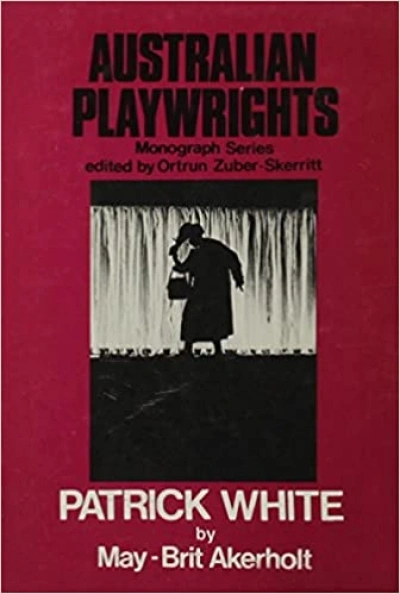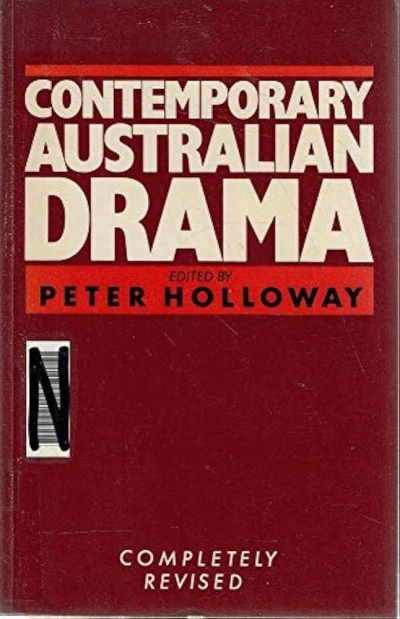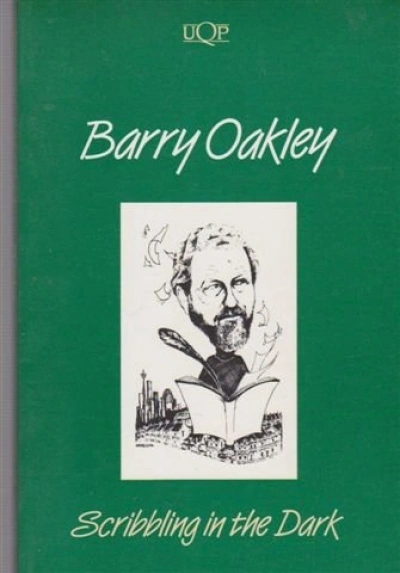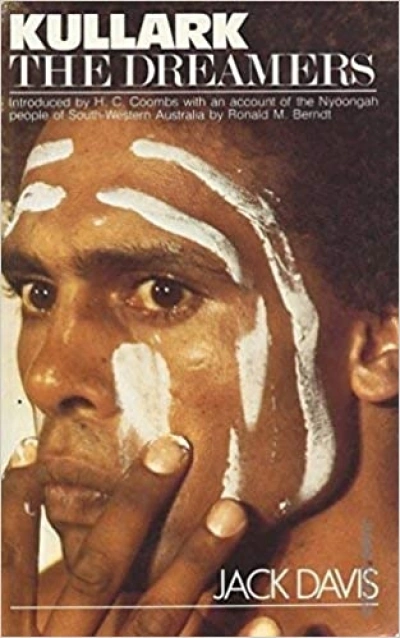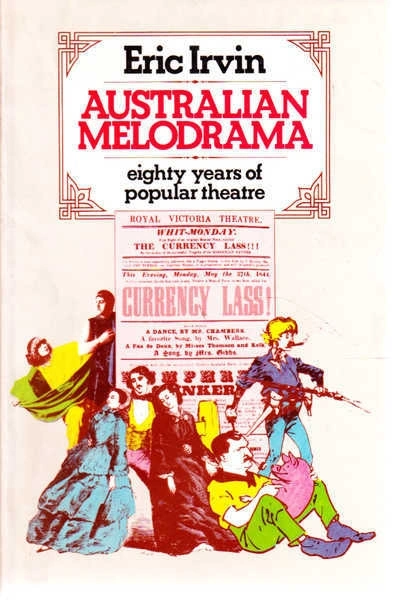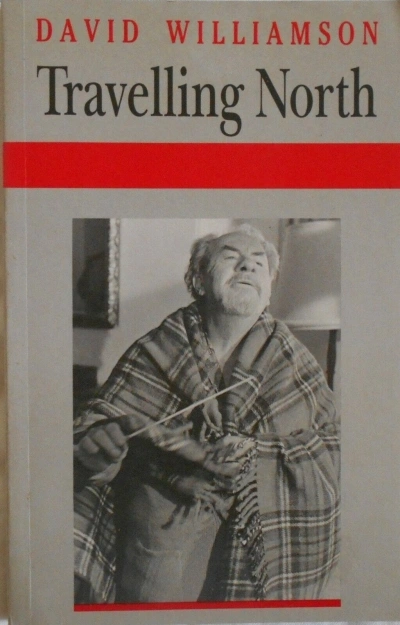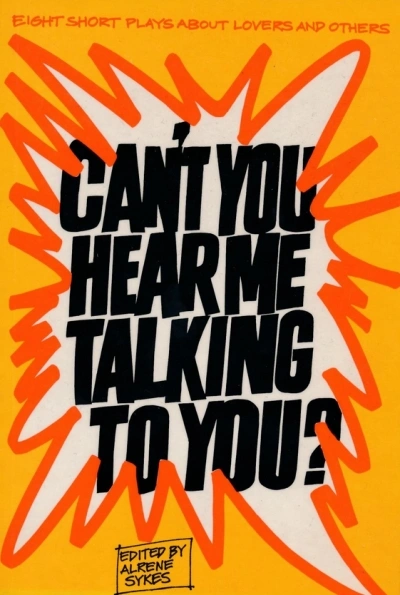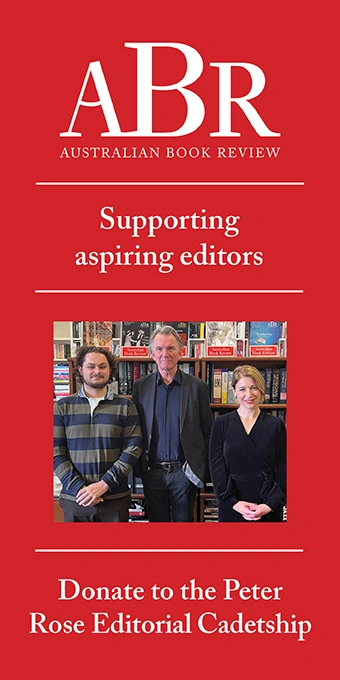Theatre
Patrick White by May-Brit Akerholt & Jack Hibberd by Paul McGillick
Contemporary Australian Drama (Second Edition) edited by Peter Holloway
Oh dear, I really wanted to like The Baltic Business and ‘Beverly Hills’ Browning, the latest productions from the Peter Cortis word factory. Like thousands of other Australians, I’ve become addicted to Cliff Hardy, and summer means my annual fix of an evening breeze through sex and sin and nasty pollies under the sunny skies of Sydney. Cliff may have been an undisguised Philip Marlowe lookalike, but then, I’ve always had a yen for Chandler’s view of the world. And anyway, at least Cliff Hardy was ours, spoke Oz with style in recognisable locales, and reorganised the moral order of Sydney with an appropriately Australian sense of the limits of possibility.
... (read more)Australian Melodrama: Eighty Years of Popular Theatre by Eric Irvin
Playlab Press is an offshoot of the Queensland Playwrights Laboratory which has the aim of assisting playwrights in the development of their craft through workshopping, production and possible publication of playscripts. It seems to be, with one exception, very much a regional enterprise and all the more admirable for it. The quality and number of these scripts culled, one assumes, from a much larger number of scripts submitted for selection, suggests a wealth of unpublished and unperformed theatrical material in the rest of Australia waiting for local groups as enterprising as the Queensland Playrights Laboratory.
... (read more)

